969 Activities based on your search
Spotlight
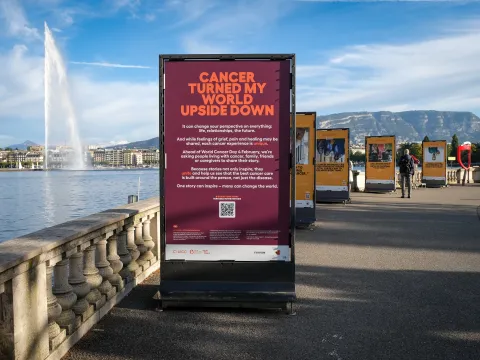
Rotonde du Mont-Blanc,
Geneva ,
Switzerland
Kastuba Hospital,BMC Hospital,Mumbai,
Maharashtra,
India
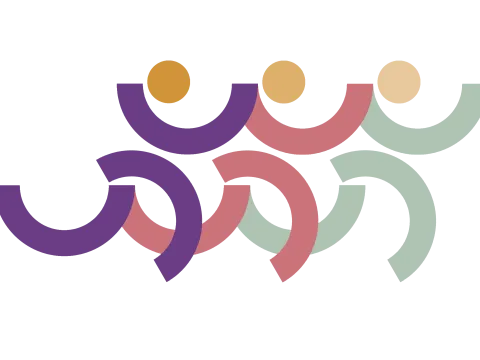
English Garden,
Munich ,
Germany
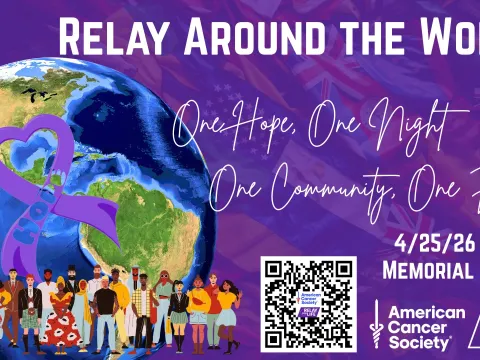
101 John J Scott Dr,
GA,
United States
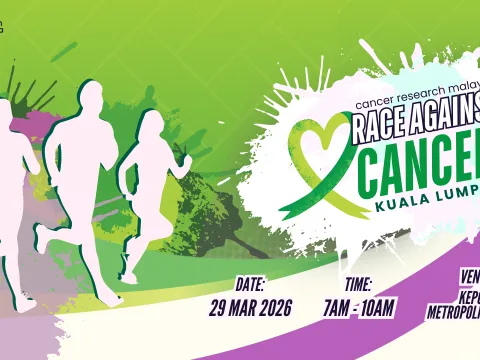
Kepong Metropolitan Park,
Kuala Lumpur,
Malaysia
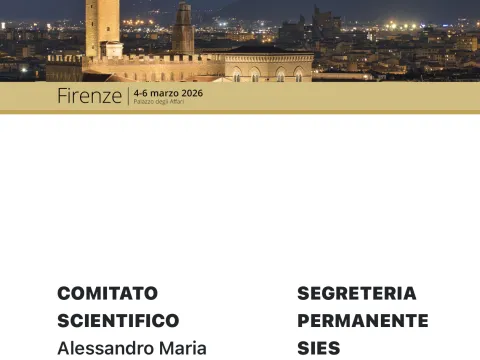
Palazzo degli Affari, Piazza Adua, 1 ,
FI,
Italy

Bombeiros Voluntários, R. Bombeiros Voluntários 22, ,
Vouzela ,
Portugal

ADM Estrela,
Guarda ,
Portugal
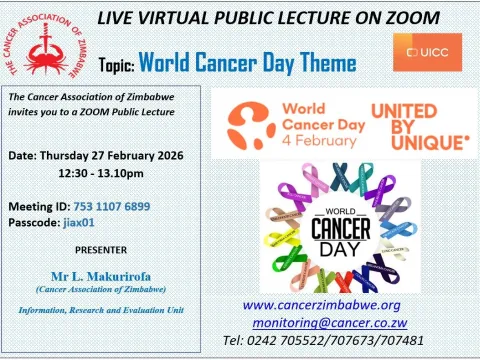
Livingstone Ave,
HA,
Zimbabwe

677 Huntington Avenue,
MA,
United States
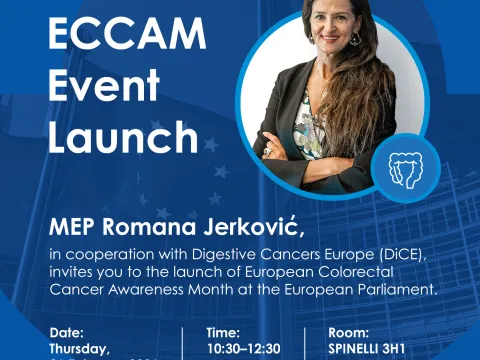
Rue Wiertz 60, 1047 ,
Bruxelles ,
Belgium
Tata Memorial Hospital,HBB,3rd Floor,Parel,Mumbai-40012,
Maharashtra,
India
Navi Mumbai Muncipal Corporation Head Office ,
Maharashtra,
India

Woodley Park, Lake Balboa Los Angeles,
CA,
United States
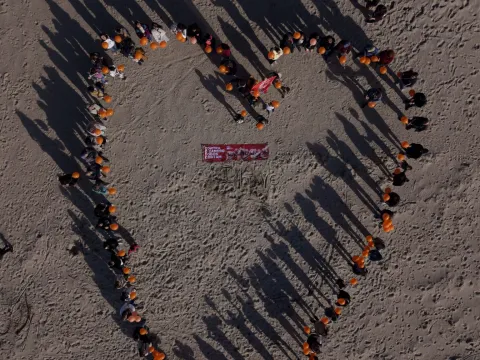
Largo do Farol,
Gafanha da Nazaré ,
Portugal
44A Macquarie Road,
NSW,
Australia
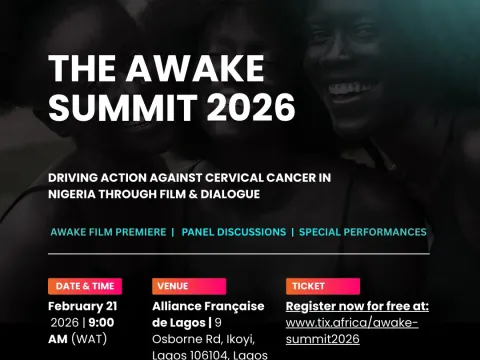
Lagos ,
Nigeria
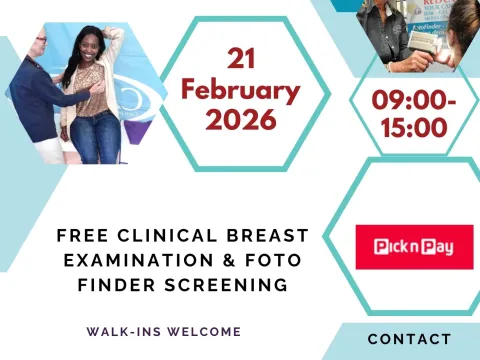
Pick n Pay Family Eersterust,
Pretoria ,
South Africa
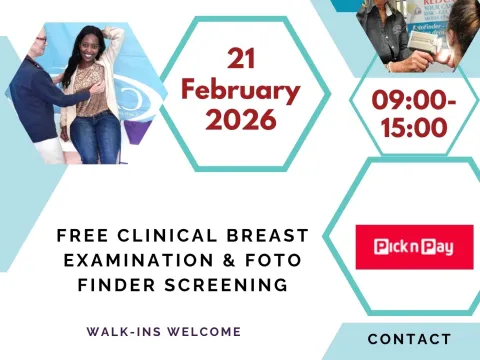
PnP Family Eersterust,
Pretoria ,
South Africa
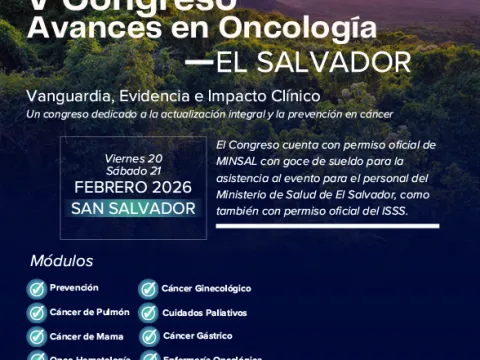
79 Avenida Norte 823, Colonia Escalon,
San Salvador,
El Salvador
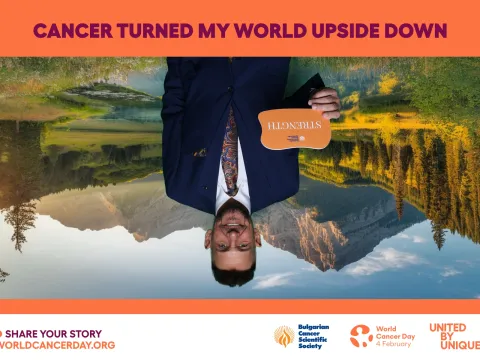
1000 Sofia ,
Sofia ,
Bulgaria

Ortigas Ave Corner Asian Development Bank Ave,
Metro Manila,
Philippines
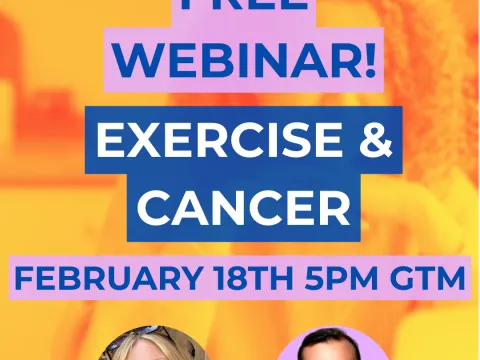
Online,
Helsinki ,
Finland
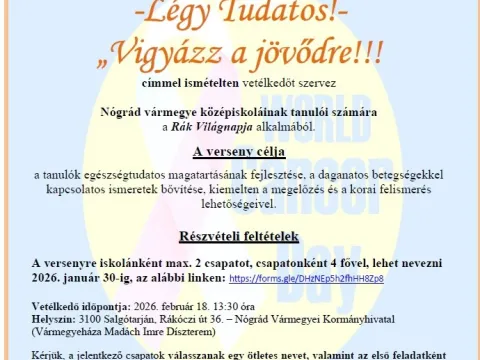
Rákóczi street 36.,
Salgótarján ,
Hungary
